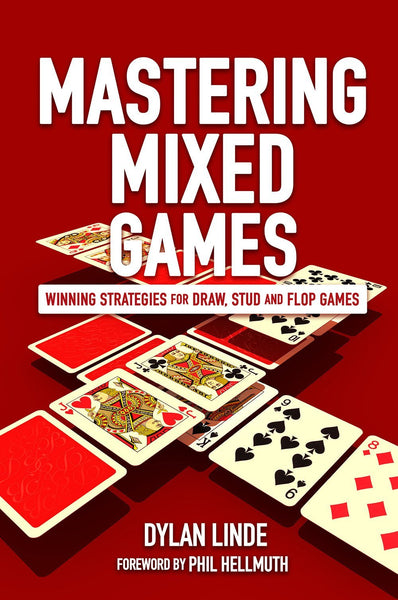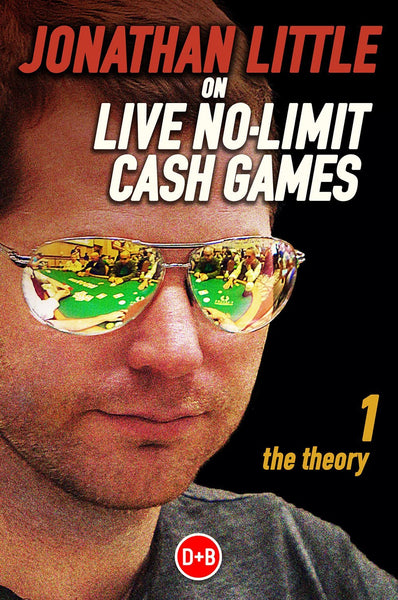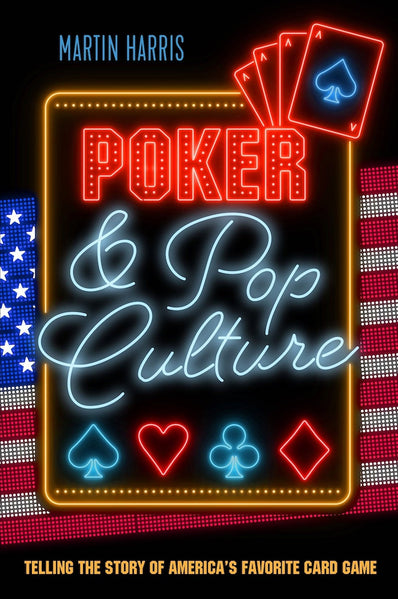
Audiobooks
We’ve been publishing audiobooks for many years now. All our audiobooks are recorded in studios and voiced by the authors.
Our audiobooks are available on Audible and also through Amazon and iTunes.
Click on the cover of the audiobook below and then follow the link to the Audible site.
Love poker but looking for a change from endless No-Limit Hold’em? Take up mixed games! Mixed games are becoming more and more popular. The World Series of Poker features events such as Omaha 8-or-Better, Deuce to Seven Triple Draw, Razz, Stud High and Stud 8-or-Better – all of which are covered in detail in this book. There are also formats such as Dealer’s Choice, H.O.R.S.E., and 8-game, which require expertise in many of these games. Dylan Linde is a professional poker player and mixed games expert. In Mastering Mixed Games he gives a thorough introduction to each variant, explaining the rules and basic strategy before moving on to discuss advanced concepts. With this book you will specifically learn: solid pre-flop ranges and hand strategies how to apply generic concepts to each individual game how to recognise and exploit your opponents’ tendencies The basic themes of poker apply to all games and learning a new variant is, essentially, just understanding how to value new ranges in a new game. Mastering Mixed Games will enable you to join the whole new generation of players who are exploring the weird and wonderful world of mixed game poker.
$24.95
What do you think about when you sit down to play live no-limit cash games? If it’s only your hand and how you should play it then you need to think again! There is much, much more to being a good live cash player than simply playing your hand “correctly”. You need to develop a whole host of other skills. Jonathan Little, a top-ranking professional poker player, will teach you these skills. Jonathan has justifiably gained a reputation as one of the best instructors the game has ever seen. He has an almost unique ability to explain difficult poker concepts in simple terms. Jonathan thoroughly examines the difficult topic of how to modify your play on all post-flop streets based on: The pre-flop action: limped, raised and re-raised pots have different dynamics Being in position or out of position Whether you are the aggressor Whether you have a strong made hand, a drawing hand or a bluff Jonathan analyzes the numerous different player types and explains how to adjust your game to play well against each of them. In Live No-Limit Cash Games Jonathan also discusses key “non-poker” concepts including:: Bankroll management Game selection Spotting and concealing tells Emotional control
$19.95
A VIDEO INTRODUCTION BY THE AUTHOR (Click the image) Introduced shortly after the United States declared its independence, poker’s growth and development has paralleled that of America itself. As a gambling game with mass appeal, poker has been played by presidents and peasants, at kitchen tables and final tables, for matchsticks and millions. First came the hands, then came the stories – some true, some pure bluffs, and many in between. In Poker & Pop Culture: Telling the Story of America’s Favorite Card Game, Martin Harris shares these stories while chronicling poker’s progress from 19th-century steamboats and saloons to 21st-century virtual tables online, including: Poker on the Mississippi Poker in the Movies Poker in the Old West Poker on the Newsstand Poker in the Civil War Poker in Literature Poker on the Bookshelf Poker in Music Poker in the White House Poker on Television Poker During Wartime Poker on the Computer From Mark Twain to “Dogs Playing Poker” to W.C. Fields to John Wayne to A Streetcar Named Desire to the Cold War to Kenny Rogers to ESPN to Star Trek: The Next Generation and beyond, Poker & Pop Culture provides a comprehensive survey of cultural productions in which poker is of thematic importance, showing how the game’s portrayal in the mainstream has increased poker’s relevance to American history and shaped the way we think about the game and its significance.
$9.99



